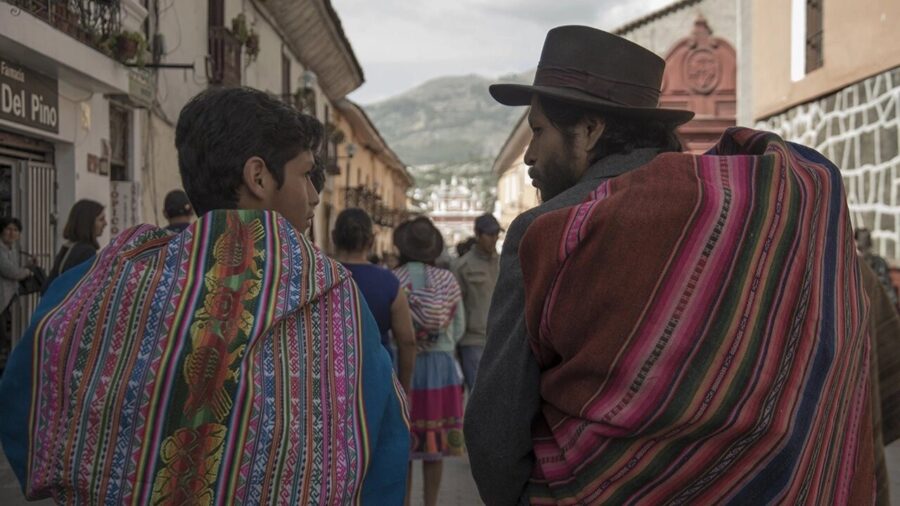Our take
Fourteen-year-old Segundo dreams of being just like his father Noé, a revered tableau artist in their small Peruvian town. The teenage apprentice follows Noé's every move and instruction, that is until one day, he discovers a shocking truth about Noé's identity. Hurt, angered, and incredibly confused, Segundo starts detaching from his family, as well as from the life he thought he'd wanted to live.
Retablo is a slow but vibrant film, set in Peruvian locales and spoken in the country's indigenous tongue, Quechua. Its limited dialogue smartly reflects the people's own silence when it comes to sex and gender ideas, although the movements themselves—from traditional parties to teenage fights—have a lot to say about masculinity, conservatism, and the dangers of their excess. Retablo might be a difficult watch for some, but it's just as necessary and enlightening.
Synopsis
Segundo sees silence as his only option for dealing with his father Noé’s secret. The 14-year-old lives with his parents in a village high up in the mountains. Noé is a respected artisan and Segundo’s role model. With loving eye for detail, he artfully crafts altarpieces for church and homes, and is preparing his son to follow in his footsteps. But cracks form in their tight bond.


